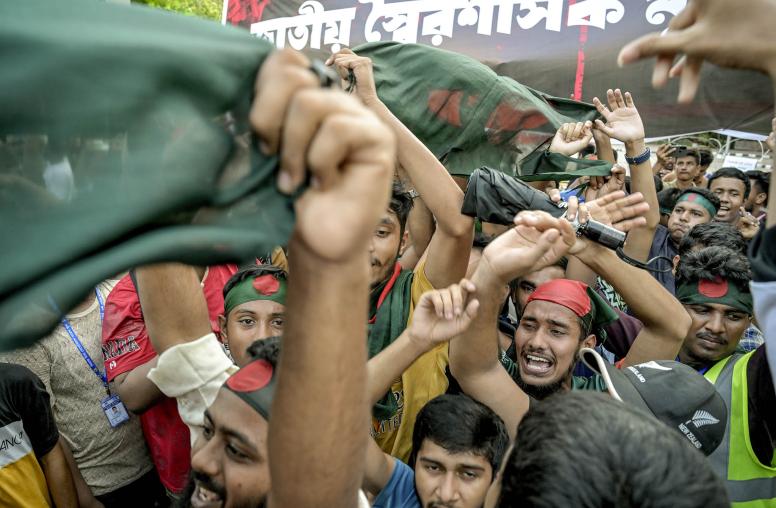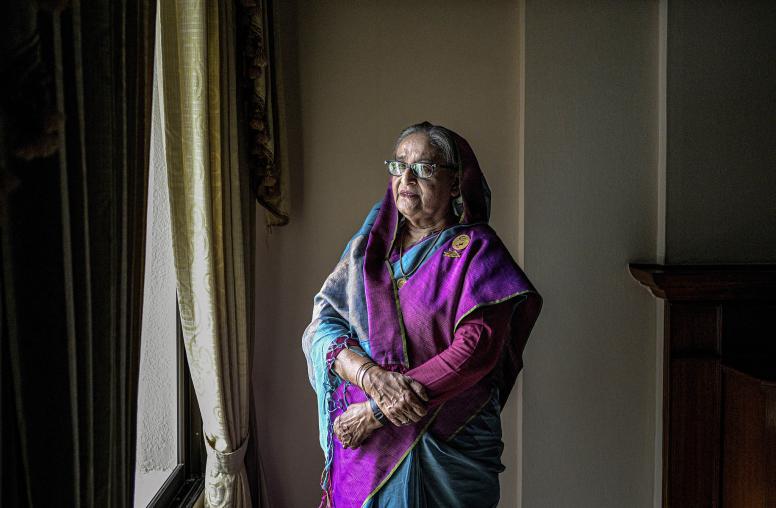China’s Engagement with Smaller South Asian Countries
When the government of Sri Lanka transferred operations of Hambantota port to a Chinese majority-held joint venture for 99 years, this event heightened concerns about China’s presence in the smaller countries of South Asia. Some commentators have suggested that Sri Lanka, as well as other South Asian nations that have funded major infrastructure projects through China’s Belt and Road Initiative, are victims of “China’s debt-trap diplomacy.” This report finds that the reality is much more complicated.
Summary
- The smaller South Asian (SSA) countries maintain different levels of interaction with China, ranging from Bhutan, which has no formal diplomatic relations with China, to Bangladesh and Sri Lanka, which have the strongest military and economic ties, respectively.
- On balance, SSA countries have benefited from China’s growing economic and military engagement with them and the region. Chinese projects have helped increase connectivity within these countries as well as with external trading networks.
- Despite China’s arms sales to these countries, the dominant role exerted by India in South Asia and difficulties in the India-China relationship have ensured that military ties of SSA countries with China remain limited.
- SSA countries are increasingly aware of the potentially negative impacts and unintended consequences of Chinese financing of development projects, and they are weighing the economic benefits of such projects against the potential strategic costs of future Chinese involvement.
- US concerns about how Chinese loans to SSA countries are affecting regional security dynamics should prompt Washington to help alleviate the challenging structural conditions these countries face in the prevailing development finance order.
- SSA countries will have continuing relevance for US interests across the Indo-Pacific region, including their reliance on China for development finance, India’s standing in the region, domestic politics and internal conflict dynamics, and regional security.
About the Report
This report examines the changing relationships of Bangladesh, Bhutan, Maldives, Nepal, and Sri Lanka with China and the implications for US security interests in South Asia. Supported by the Asia Center at the US Institute of Peace, this study was based on data sources from the five countries as well as fieldwork in Dhaka, Bangladesh; Kathmandu, Nepal; and Colombo and Hambantota, Sri Lanka.
About the Author
Nilanthi Samaranayake is the director of the Strategy and Policy Analysis Program at CNA, a nonprofit research organization in Arlington, Virginia. She has published several articles focusing on the smaller countries of South Asia and their relations with major powers. The views expressed are solely those of the author and not of any organization with which she is affiliated.



